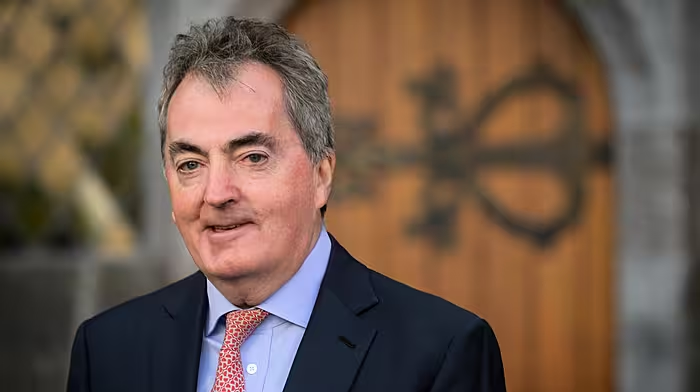Commenting here at the time of the announcement of Budget 2016 last autumn, we questioned the necessity of a giveaway budget when the economy was already growing so quickly by 7% year-on-year.
COMMENTING here at the time of the announcement of Budget 2016 last autumn, we questioned the necessity of a giveaway budget when the economy was already growing so quickly by 7% year-on-year. The Irish Fiscal Advisory Council had already cautioned the government in advance that the budget was too expansionary and it subsequently turned out to be even more so than they had anticipated.
This has been picked up on in the fourth Post-Programme Surveillance Report, drafted by the European Commission in conjunction with the European Central Bank, which is highly critical of the largesse of Ministers Michael Noonan and Brendan Howlin in their giveaway budget in advance of the general election, which was labelled ‘political’ and ‘pro-cyclical.’ The report acknowledges that the budget is ‘broadly compliant’ with EU fiscal rules, but that there are risks of deviation from the more prudent adjustment path it should be taking.
Back in the boom era, our economy became too reliant on revenue from stamp duty, which suddenly dissipated when the property market collapsed. Last year, a large amount of unexpected revenue from corportation tax came the way of the government, which was thrown into expenditure rather than being retained to help buffer any future economic setback caused by circumstances beyond our control or to perhaps pay down some of the national debt.
Even though it could not explain at the time where all this extra money had come from, the Department of Finance now insists that this level of corporation tax is sustainable. But, this will only be the case if the favourable conditions that are boosting our exports continue indefinitely – and that is unlikely in the longer term.
Ahead of changes to EU fiscal rules, the current government managed to get away with manipilating the public finances in Budget 2016 to best serve their political ends. However, the next administration will need to be a lot more prudent as the economy is far from fully recovered and vulnerable to outside influences that they cannot control.
The tax base needs to be consolidated properly, and not eroded for populist appeal, as there are huge demands in areas such as health and housing that need sustained investment over a long period of time. That’s the reality.








